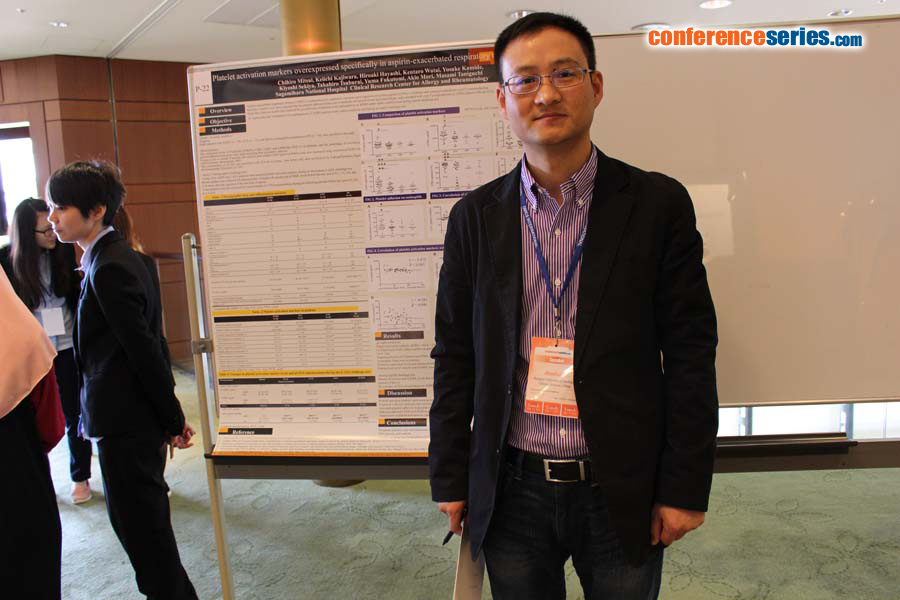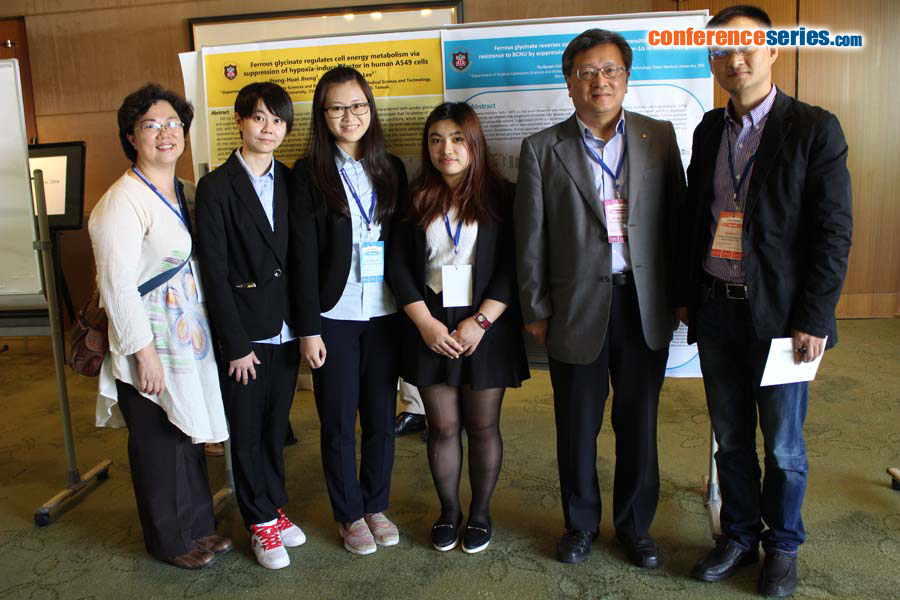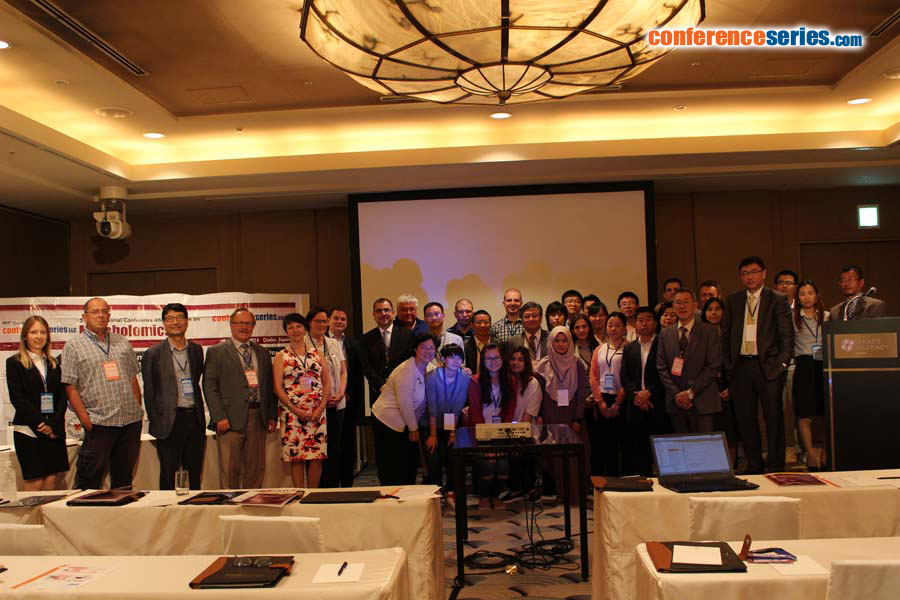
Houkai Li
Shanghai University of Traditional Chinese Medicine, China
Title: Metabolomic study on the different responses to simvastatin therapy in normal and antibiotic-treated mice
Biography
Biography: Houkai Li
Abstract
Simvastatin is a classical HMG-CoA reductase inhibitor that is widely used for reducing plasma LDL-cholesterol (LDL-c) and risk of cardiovascular disease. There are frequently interindividual variations in therapeutic efficacy of simvastatin among individuals in clinic, while the mechanisms are unclear. Previous study showed that the pre-dose variations of some gut microbial metabolites were correlated with the extent of LDL-c reduction in patients, and lovastatin, an analog of simvastatin could be metabolized by bacteria. Accordingly, we hypothesized that the interindividual variations in therapeutic efficacy of simvastatin might be associated with the variation of gut microbiota. In current study, fifty male C57BL/6J mice were divided into five groups including control (Con), high-fat/cholesterol diet (HFD), antibiotic (AB), simvastatin (ST) and simvastatin plus antibiotic (AB_ST) groups. These mice were fed with correspondingdiet for 12 weeks. Simvastatin was given orally (20 mg/kg) once a day and antibiotic was provided in drinking water during the whole experiment. We performed metabolic profiling on serum samples by using combined GC/MS and UPLC/QTOFMS metabolomic approach. First of all, we found that the disruption of gut microbiota with antibiotic significantly attenuated the hypolipidemic effect of simvastatin in mice. Then, the metabolic profiling showed a distinct separation between ST and AB_ST groups, and the subsequent analysis identified several metabolites that were differently altered between ST and AB_ST groups such as alanine, ribose-5-phosphate, alpha-monooleoylglycerol, cholesterol, PCs and some bile acids. Moreover, we found that the expression of hepatic CYP7A1, CYP7B1 and FXR proteins was differently regulated, while no difference was observed in HMG-CoA reductase between ST and AB_ST groups. These results suggested that the gut microbiota associated alteration in bile acids synthesis processfrom cholesterol might contribute to the different responses tosimvastatin in antibiotic-treated mice.






